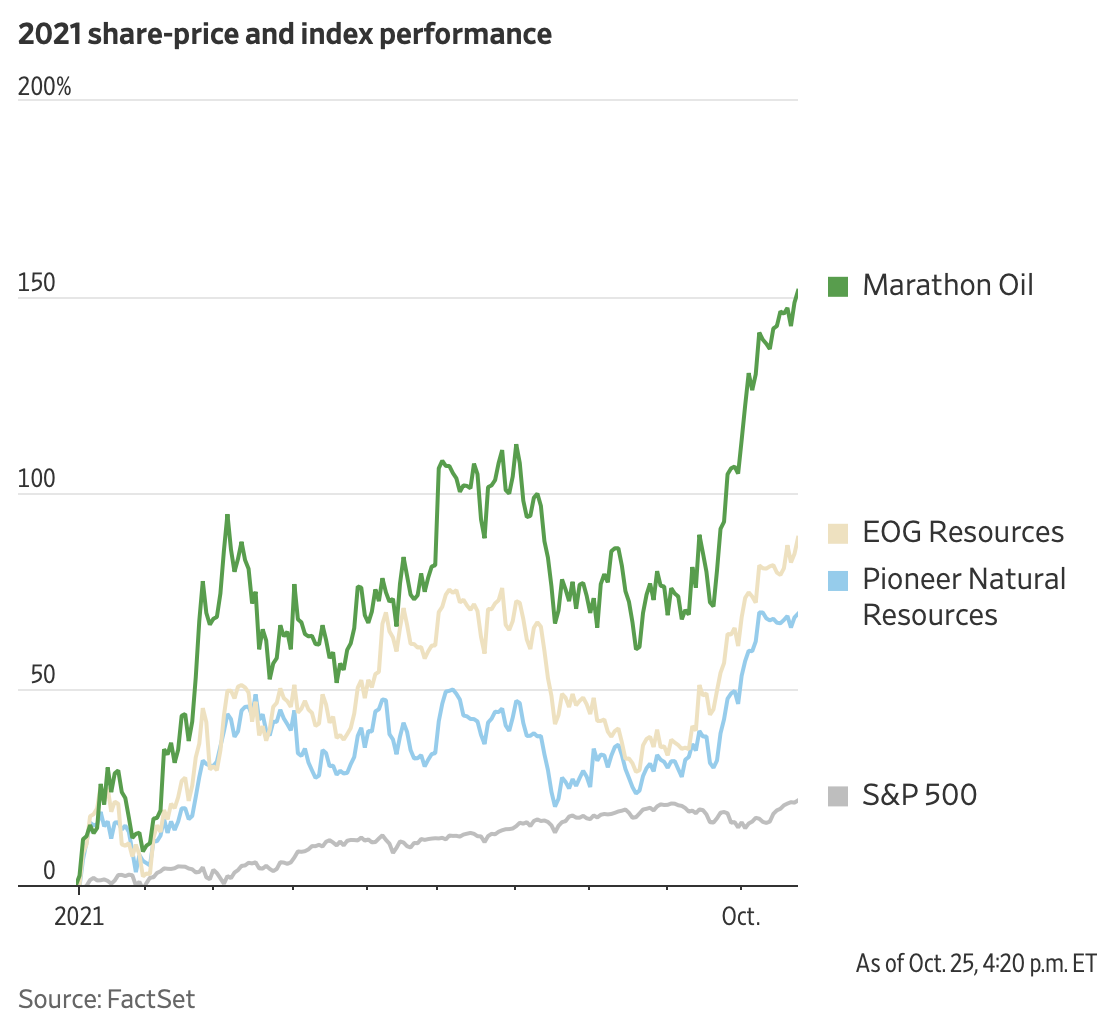Progressive Craziness Of The Day: SEC Obsesses Over "Climate" Risk Disclosures
/This makes three posts in a row on the subject of a “progressive craziness of the day.” But then, there’s enough progressive craziness to have such a post every day; or, really, multiple. There is an endless supply.
As a reader of this blog, you may rarely pay much attention to what comes out of the Securities & Exchange Commission. If you should ever look, it probably all seems like a lot of inside baseball mumbo jumbo. On the other hand, if you are a senior executive or board member at a public company, or maybe a corporate lawyer at one of the big law firms, you must pay close attention to everything the SEC does. The Commission wields oodles of arbitrary and unaccountable power. When the SEC says “jump,” corporate America responds, “how high?”
Needless to say, the SEC is one of those government places filled with seemingly “smart” people with no practical sense or knowledge about how the world actually works. But they think that with their brilliance they can bring about perfection and utopia in the world with just a few more regulations and micromanagement of the little people. Then — as has happened in the past few months — the real world intervenes, and shows what dopes these people are.
Since Joe Biden took office as President back in January, the SEC has gone completely berserk with an obsession over “Climate Change Disclosure.” To be fair, the SEC’s core mission is requiring disclosures from businesses of relevant information. But which information is important? Fortunately all the “smart” people know that the very most important risk facing the world today is “climate change.” The risk is “existential.” All the with-it governments of the world are committing themselves to “net zero” carbon emissions. Every company that currently uses fossil fuels could be affected; and the producers of the fossil fuels, like oil and gas and coal companies, are the clear first targets.
Obviously, lots of energy-intensive companies could be floundering or even out of business before you know it. Surely, the public must be warned!
So under Biden the SEC got right to work. On February 1, 2021 it announced the hiring of its first ever Senior Policy Advisor for “Climate and ESG.” On February 24, the Acting Chair of the Commission directed the staff to “enhance its focus on climate-related disclosure”:
Today, I am directing the Division of Corporation Finance to enhance its focus on climate-related disclosure in public company filings. . . . Now more than ever, investors are considering climate-related issues when making their investment decisions. It is our responsibility to ensure that they have access to material information when planning for their financial future.
Then, on March 4, the SEC announced the creation of a new Enforcement Task Force on Climate and ESG Issues.
The task force will be led by Kelly L. Gibson, the Acting Deputy Director of Enforcement, who will oversee a Division-wide effort, with 22 members drawn from the SEC’s headquarters, regional offices, and Enforcement specialized units. . . . The initial focus will be to identify any material gaps or misstatements in issuers’ disclosure of climate risks under existing rules.
On March 15, the big announcement was that the SEC was now considering major changes to rules governing disclosure of “climate change” risk. (“[Q]uestions arise about whether climate change disclosures adequately inform investors about known material risks, uncertainties, impacts, and opportunities. . . .”) In its Spring Regulatory Agenda, published in June, the SEC then notified the world that it was considering whether to “propose rule amendments to enhance registrant disclosures regarding issuers’ climate-related risks and opportunities.” That release suggested that new rules might come as early as October. And on July 28, new Chair Gary Gensler spoke at a conference, where he stated that he had requested the staff “to develop a mandatory climate risk disclosure rule proposal for the Commission’s consideration by the end of the year.”
So shall we check on what is happening in the real world?
The headline on the front page of the Wall Street Journal today is “Climate-Focused Investors Miss Oil-and-Gas Rally.” (Online, it’s “Energy-Stock Surge Leaves Climate-Focused Investors Behind.”) It seems that even as the SEC has spent 2021 obsessing over whether investors are adequately informed about the terrible risks to the energy sector from government “climate” policies, stocks in that sector have surged some 54% since the beginning of the year. Oh, and 19% just in the past month, as artificial government-induced coal and natural gas shortages have sent prices spiking:
The S&P 500 energy sector has rebounded 54% this year, outpacing the broad index’s 21% climb and leading the second-best performing group by about 16 percentage points. . . . [T]hose who avoided the sector also avoided its 19% surge in the past month. The S&P 500 is up about 3% in that span.
Here is a chart of the stock prices of several prominent oil and gas companies against the S&P 500 since the start of the year:
It seems that it never occurred to the geniuses in our government that the combination of increasing reliance on useless wind and solar energy with restrictions on new drilling and pipelines for oil and gas would lead to a spike in prices for fossil fuels — and to big increases in the value of fossil fuel-producing companies.
There will shortly be thousands upon thousands of additional pages of corporate disclosures of the “risks” of attempts by governments to suppress the use of fossil fuels. But governments have no real idea how to replace the fossil fuels and still have a modern economy. No matter what they say, fossil fuels are not going away. So your smartest move is to pay no attention to any of this.
